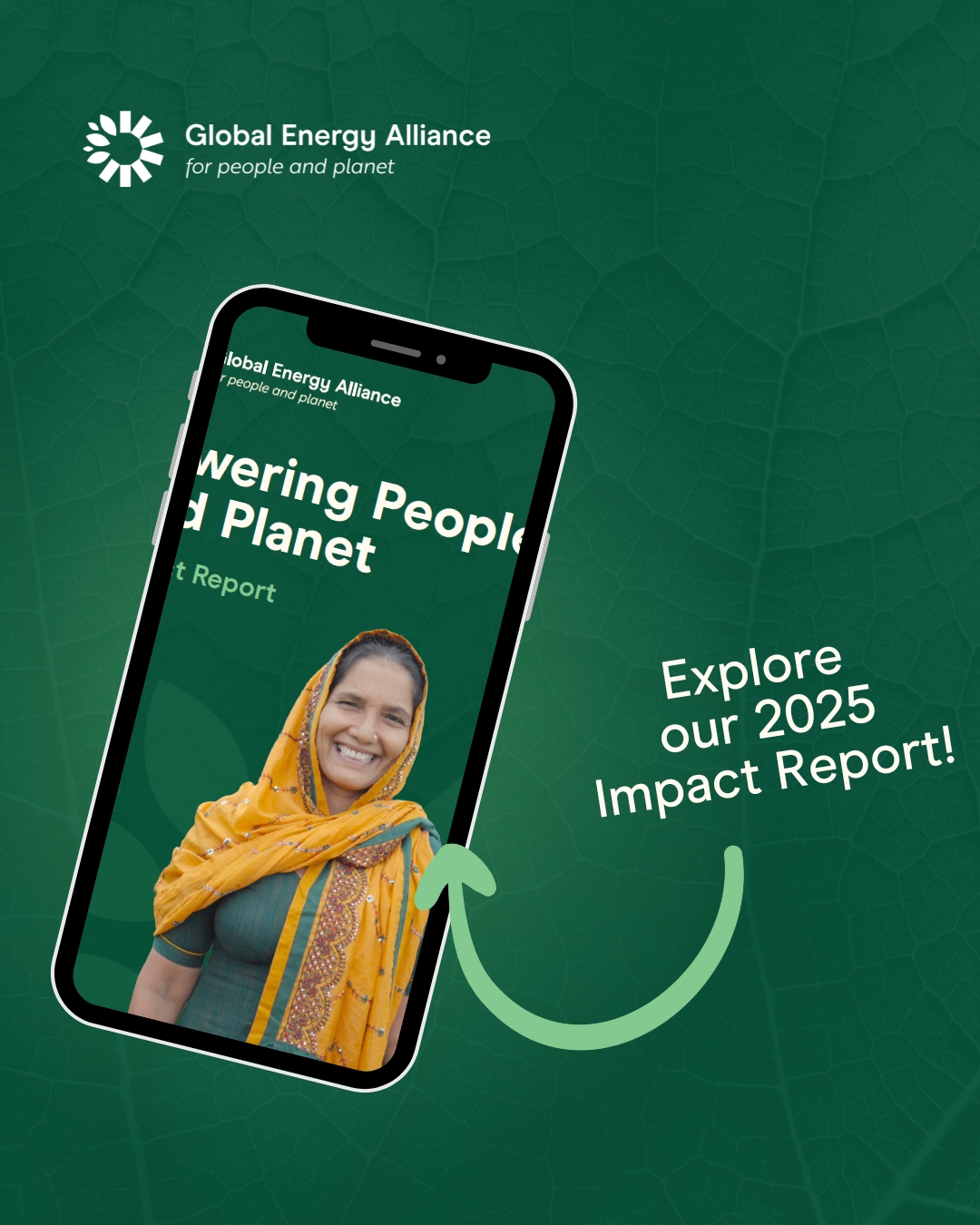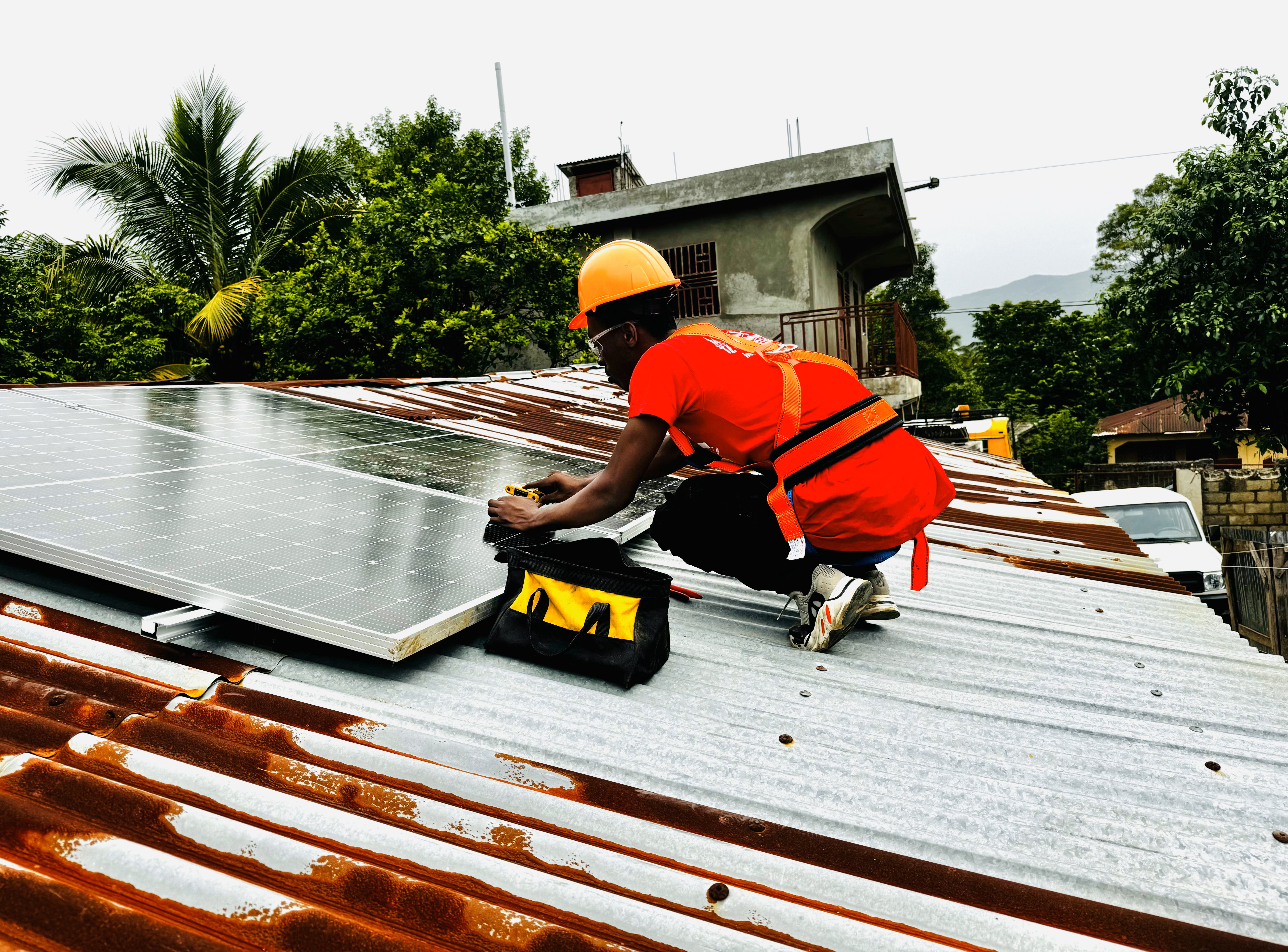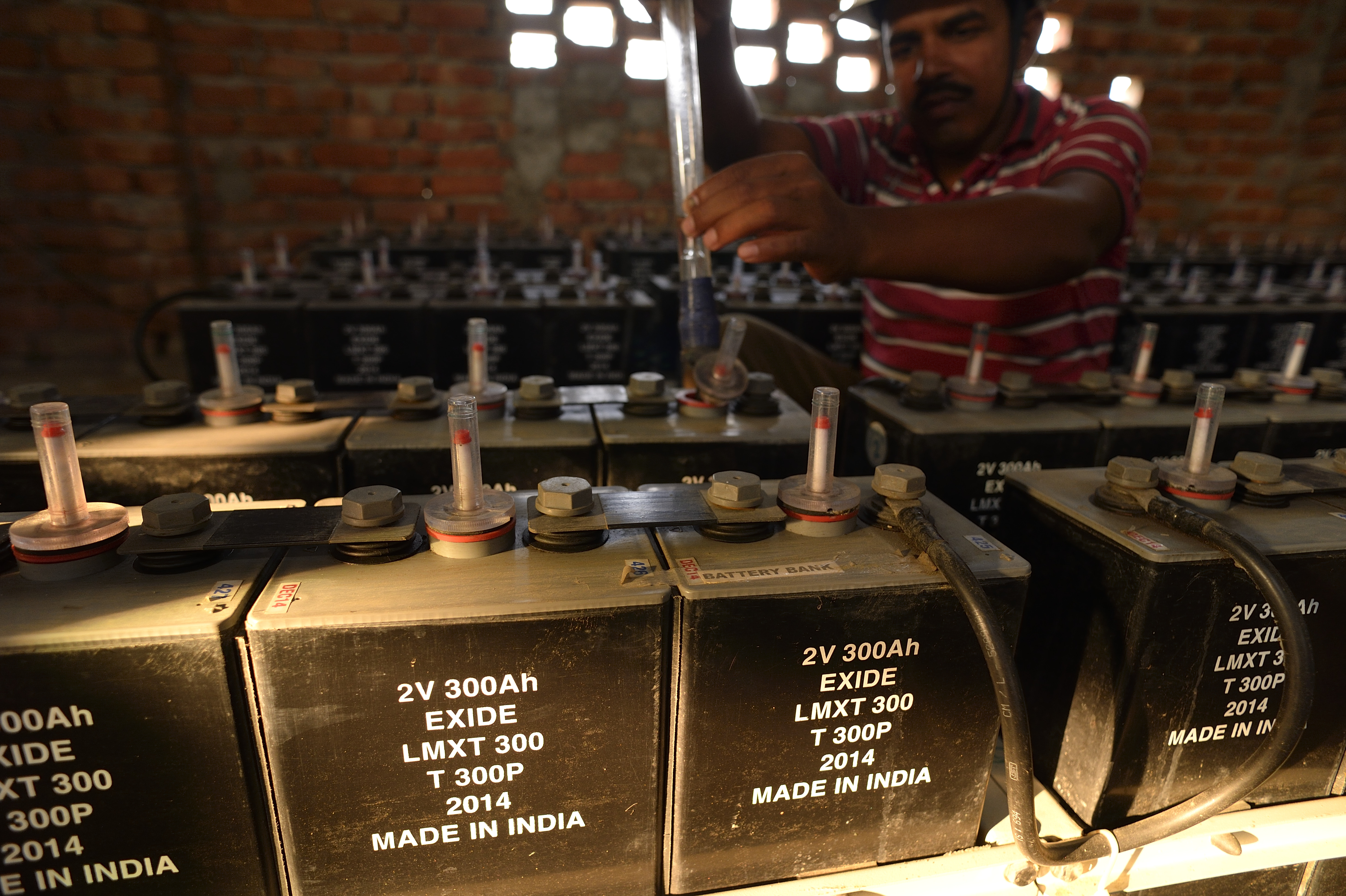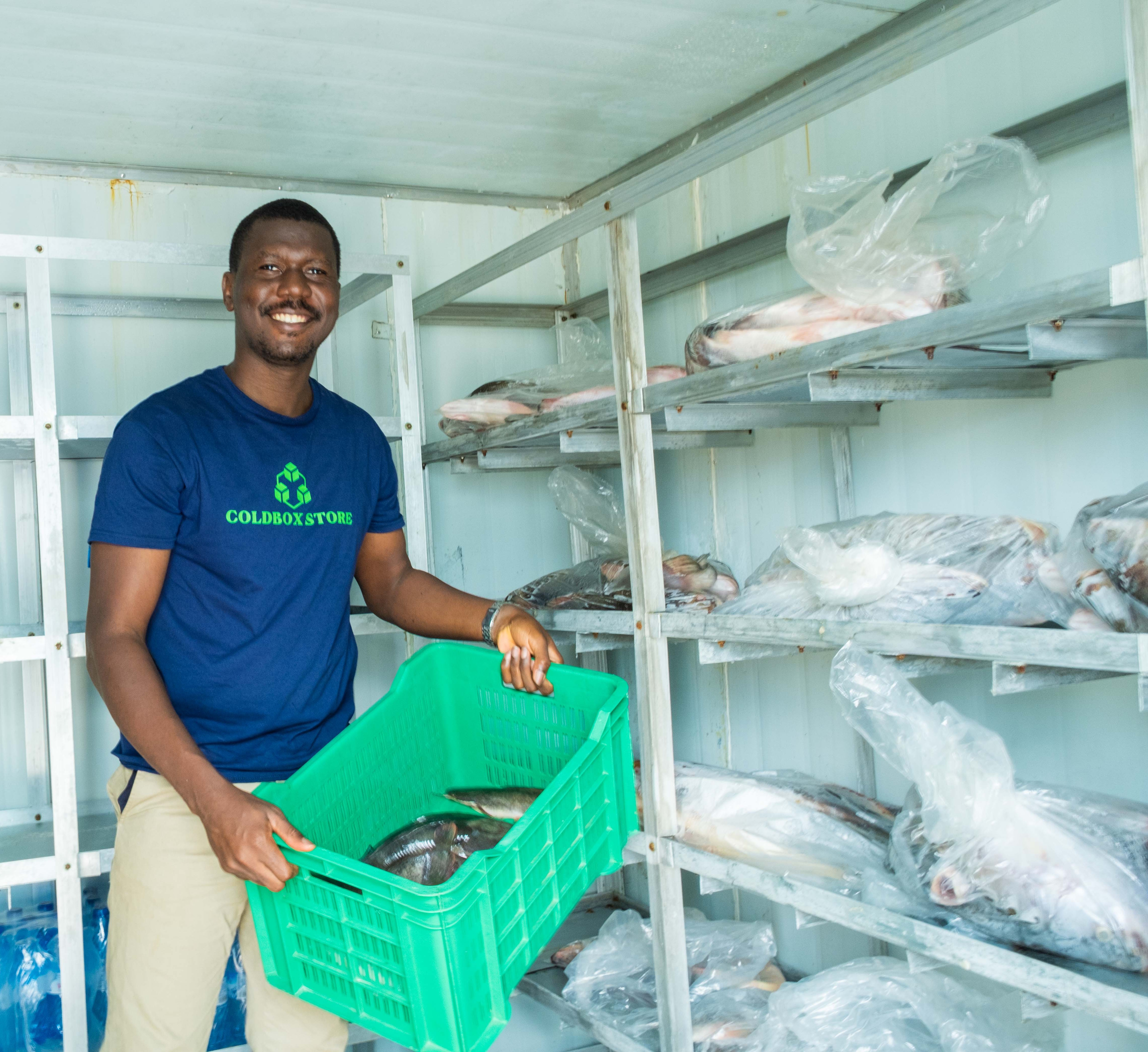
As the world pivots towards greener, more sustainable energy solutions, electric mobility emerges as an important tool in reducing carbon emissions, particularly in public transport. India has been at the forefront of this transition, leveraging its policy reforms and innovations to decarbonize the road transport sector.
To meet its ambitious goal of achieving net zero emissions by 2070, India has prioritized electrification, particularly in the public bus sector. The results have been impressive. Currently, the country boasts of an operational fleet of over 8,102 electric buses, with an additional 21,500 at various stages of procurement. Key reforms and supporting measures have driven this rapid adoption, making the shift to a cleaner public transport system notable.
Nigeria is also advancing its efforts in alternative fuel adoption, aiming to achieve net zero emissions by 2060. Recently, President Bola Ahmed Tinubu announced the launch of 100 electric buses at COP28 in Dubai to prove the nation’s commitment to cleaner public transport. The Presidential CNG Initiative (Pi-CNG) aims to deploy a fleet of alternative fuel buses across key states.
The recent peer-to-peer exchange session between India and Nigeria held last 5-7 May 2024 in Delhi, organized by The Global Energy Alliance for People and Planet (GEAPP), WRI India and Sustainable Energy for All, provided invaluable insights that can guide Africa’s journey toward electric bus adoption.
The session sought to facilitate collaboration and knowledge sharing between Indian and Nigerian stakeholders:
- Policy Reforms: Highlighting critical reforms and initiatives that propelled India’s electric mobility sector forward.
- Technical Insights: Offering technical expertise to Nigeria’s Pi-CNG initiative.
- Sustainable Models: Discussing sustainable business models and demand aggregation strategies to encourage widespread electric bus deployment in both nations.
- Readiness Assessment: Assessing the readiness of domestic bus production, charging infrastructure, and financing instruments to expedite adoption.
- Stakeholder Roles: Clarifying the responsibilities of various stakeholders to ensure cohesive progress.
Collaborative South-South exchanges allow countries to share their successes and challenges, promoting the adoption of clean and sustainable transportation globally. Africa’s emerging markets can learn from India’s experience to speed up their own electric bus adoption. Working together, both regions can contribute to global climate goals and improve urban mobility for their populations.
Photo credits: SEforALL









